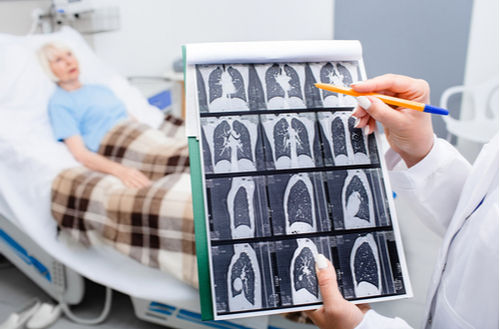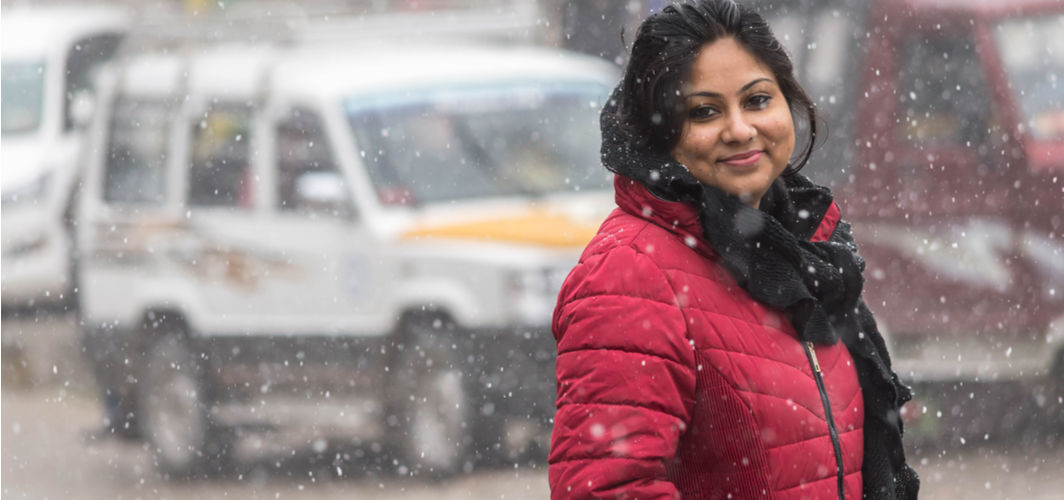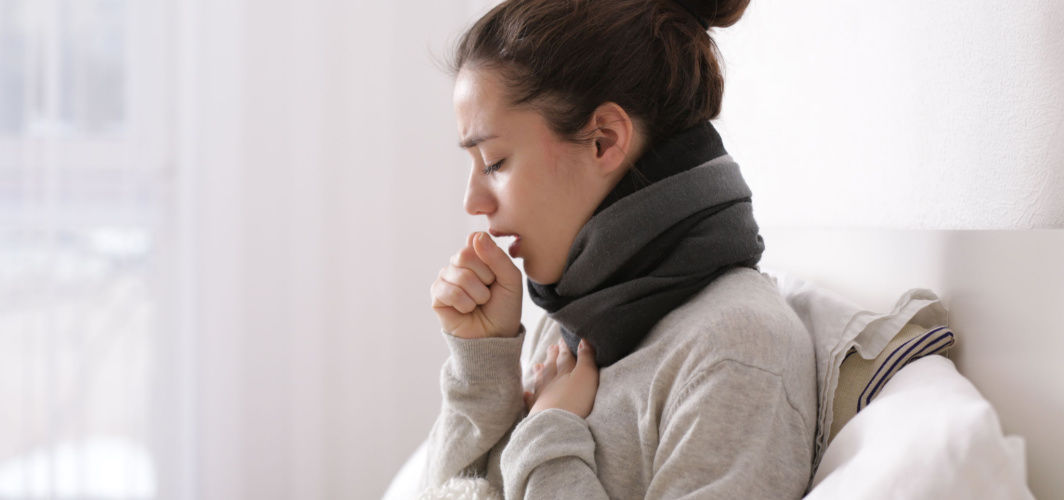Respiratory Health
World Pneumonia Day: Here Are The Early Signs And Home Remedies
3 min read
By Apollo 24|7, Published on - 14 November 2022
Share this article
0
0 like

Pneumonia is a lung infection, responsible for millions of deaths, especially in children globally. It can be caused by bacteria, fungi or viruses, resulting in inflammation of the air sacs, filling them with fluid and making breathing hard. Pneumonia symptoms vary from mild to severe, depending upon several factors. While pneumonia can be treated effectively, growing antimicrobial resistance (AMR) is making pneumonia treatment difficult. Every year 12th November is observed as world pneumonia day to spread awareness about this disease and ensure responsible and effective treatments.
Let’s look at some early symptoms, causes and treatment of pneumonia.
What Causes Pneumonia?
Pneumonia can be of different types depending upon its cause:
1. Community-acquired pneumonia (CAP)
This is the most common and deadly type of pneumonia, which occur on its own or after contracting a cold or flu. Streptococcus pneumoniae is the most common bacteria that causes this condition.
2. Hospital-acquired pneumonia
This type of pneumonia develops during a hospital stay and can become serious if a person is already sick. Hospital-acquired pneumonia is caused by bacteria that are usually resistant to antibiotics, making it difficult to treat.
3. Aspiration pneumonia
This type of pneumonia occurs due to the aspiration of solid foods, liquids, vomit or saliva into the windpipe and the lungs. If these particles are not removed, they infect the lung, resulting in pneumonia.
What are the Early Signs and Symptoms of Pneumonia?
Pneumonia symptoms vary based on whether it is bacterial or viral in origin. However, the most common symptoms include:
- Cough with yellowish, greenish or reddish mucus
- Fever
- Chills
- Shortness of breath
- Rapid, shallow breathing
- Sharp stabbing pain in the chest
- Loss of appetite
- Fatigue, low energy
- Nausea and vomiting (in young children)
It must be noted that bacterial pneumonia is usually more serious than the viral form of the disease.
How is Pneumonia Treated?
Pneumonia treatment depends upon the severity of the condition. Pneumonia is usually treated at home with antibiotics and other medications. Only severe cases of pneumonia require hospitalisation. Home treatment for pneumonia includes:
- Eating a healthy diet
- Increasing fluid intake
- Getting adequate rest
- Using pain and fever-relieving medication
- Using expectorants or cough-relieving medications
- Oxygen home therapy
What are the Complications of Pneumonia?
It is important to detect and treat early pneumonia symptoms to avoid complications. The risk of pneumonia complications is higher in very young children, older adults, individuals with weak immune systems or those with comorbidities. A few common complications include:
- Acute Respiratory Distress Syndrome (ARDS): A type of severe respiratory failure.
- Lung Abscess: Pockets of pus may form around the lung that may require surgical drainage.
- Respiratory failure: The lungs fail to breathe independently and may require a breathing machine or ventilator support.
- Sepsis: When pneumonia spreads outside the lungs, the infection may enter the blood, leading to sepsis.
Though treatable, it is necessary to identify pneumonia in the early stages to avoid complications. If you wish to know more about pneumonia and your risk for the disease,
Consult An Apollo Lung Specialist
Medically reviewed by Dr Sonia Bhatt.
Respiratory Health
Leave Comment
Recommended for you

Respiratory Health
Improve Your Respiratory Health This Winter
People with pre-existing respiratory conditions such as asthma and COPD witness exacerbation of their conditions as the cold temperatures may make it difficult to breathe comfortably.

Respiratory Health
Chest Feels Congested? Try These Home Remedies
Chest congestion can be caused by a cold, infection, or underlying disease. Awareness of the symptoms and the simple remedies, along with appropriate over-the-counter medications, help quick recovery.

Respiratory Health
Can You Keep a Pet If You Have COPD?
Though smoking and pollution remain the primary contributors to most pulmonary diseases, having a pet at home may also have an impact on these illnesses.
Subscribe
Sign up for our free Health Library Daily Newsletter
Get doctor-approved health tips, news, and more.
Visual Stories

Managing COPD During the COVID-19 Pandemic
Tap to continue exploring
Recommended for you

Respiratory Health
Improve Your Respiratory Health This Winter
People with pre-existing respiratory conditions such as asthma and COPD witness exacerbation of their conditions as the cold temperatures may make it difficult to breathe comfortably.

Respiratory Health
Chest Feels Congested? Try These Home Remedies
Chest congestion can be caused by a cold, infection, or underlying disease. Awareness of the symptoms and the simple remedies, along with appropriate over-the-counter medications, help quick recovery.

Respiratory Health
Can You Keep a Pet If You Have COPD?
Though smoking and pollution remain the primary contributors to most pulmonary diseases, having a pet at home may also have an impact on these illnesses.